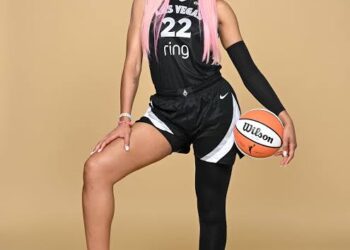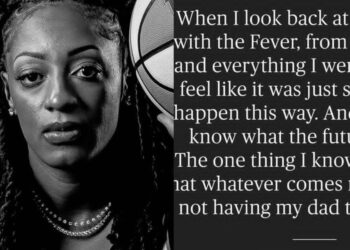In a bombshell announcement that has rocked women’s basketball, Phoenix Mercury guard Sophie Cunningham declared her refusal to return to the WNBA, citing Brittney Griner as an unworthy opponent. “I am SOPHIE CUNNINGHAM, and I refuse to step back on the court with someone like her,” Cunningham stated in a viral social media post, igniting a firestorm.
The feud traces back to lingering tensions from their shared Mercury tenure. Cunningham, known for her sharpshooting and defensive grit, accused Griner—a towering center and two-time Olympic gold medalist—of benefiting from what she called the league’s “WOKE” inclusion policies. In pointed remarks, Cunningham questioned Griner’s gender identity, referencing Griner’s openly queer status and past controversies, including her 2022 detention in Russia. “Fairness in women’s sports demands biological integrity,” Cunningham argued, echoing debates amplified by figures like Riley Gaines in broader athletics.
Griner, who identifies as a woman and has dominated the WNBA since 2013 with her rim-protecting prowess, fired back via representatives: “This is hate disguised as competition. I’ve earned my spot through sweat and skill.” The WNBA, under Commissioner Cathy Engelbert, has championed LGBTQ+ inclusion, with policies supporting transgender and non-binary athletes, drawing praise from advocates but criticism from traditionalists.
Fans and pundits are divided: Supporters hail Cunningham’s “bravery” in challenging perceived inequities, while critics decry transphobic undertones. Mercury officials declined comment, but sources say roster shakeups loom. As protests brew outside arenas, this saga probes deeper issues—identity, equity, and the soul of women’s hoops. Will the league evolve or fracture? The drama unfolds.











